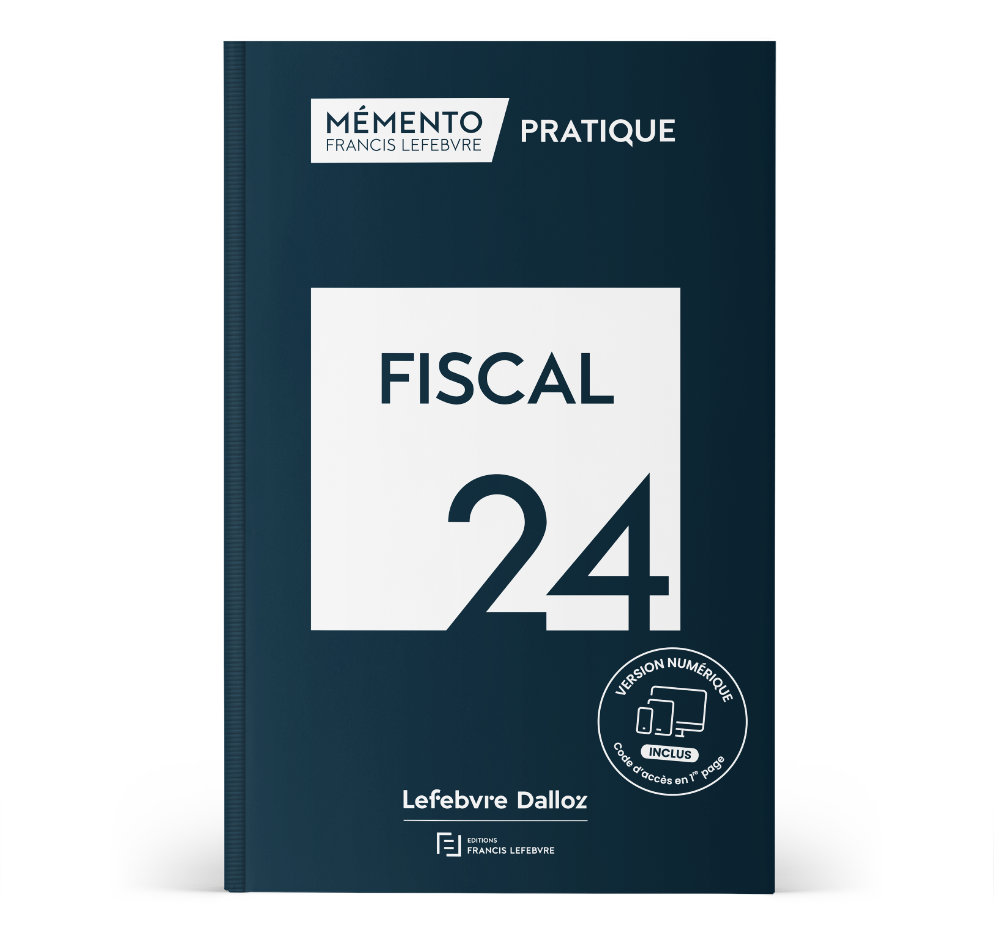While the European Commission’s proposals to tax the digital economy were welcomed by some governments and civil society, they drew sharp criticism from business and the tax community, who warned the measures may be harmful.
The commission on March 21 revealed two highly anticipated draft directives to address the taxation of companies engaged in digital activities, proposing to change the rules to tax companies with a “significant digital presence” and impose a temporary 3 percent revenue-based tax on specific digital activities.
Finance ministers from France, Germany, Italy, Spain, and the United Kingdom welcomed the commission’s proposals in a March 21 joint statement, saying that in the absence of global agreement at the G-20 and OECD levels, it was necessary to move ahead at the European level. The five ministers said they would analyze the proposal details ahead of “constructive discussions” in the EU Council.
However, Irish Finance Minister Paschal Donohoe said the commission’s proposals should be taken in the context of the OECD’s interim report on taxing the digital economy, which has been the focus of extensive work at the international level at the OECD.
“As usual, Ireland will work with other member states to critically assess the proposals from the commission,” Donohoe said. “This is the beginning of a process that will go on for some time in parallel with the work of the OECD. It is noteworthy that the OECD report did not find consensus among countries on this issue.”
José Antonio Ocampo, chair of the Independent Commission for the Reform of International Corporate Taxation, cheered the commission’s proposals. “It has been clearly shown that digitalization is not restricted to a specific group of companies, but affects the whole economy,” he said. “This means that a new comprehensive approach is required, one that abandons the fiction of transfer pricing and separate-entity taxation.”
Sven Giegold, financial and economic policy spokesman for the Greens/European Free
Alliance group in the European Parliament, also praised the proposals. “European tax law must finally arrive in the 21st century,” he said. “As long as the G-20 countries cannot agree on global taxation for digital companies, the European Union must go ahead and ask Google and [other companies] to pay. Internet companies are no longer allowed to benefit from tax free rides.”
Giegold noted that if unanimity cannot be reached on the proposals, then the commission shouldn’t hesitate to submit its proposals under article 116 of the Treaty on the Functioning of the European Union to overcome the unanimity principle.
Warning Shots
But it seems unlikely that agreement will be reached, given that the proposals didn’t sit well with other observers. The American Chamber of Commerce to the EU expressed concern, saying the proposals could complicate the multilateral effort to attain international consensus on solving the issue of taxing the digital economy. Turnover taxes can substantially reduce a company’s available profits for investment and reinvestment and could have a negative effect on jobs and growth in the EU, according to the organization.
“The taxation of the digital economy needs to strike the right balance between taxing value where it is created while fostering growth,” said Susan Danger, the chamber’s CEO. “We support ongoing international efforts to reach a consensus on this issue.”
Christian Borggreen, vice president of the Computer & Communications Industry Association (Europe), also hit out at the commission’s proposals, saying that the turnover tax proposal aimed at online platforms is discriminatory and dismisses global agreement that the digital economy can’t be singled out.
“Our economies are increasingly digital and digital companies pay as high of an effective corporate tax rate as traditional companies,” Borggreen said. “We encourage the EU to seek international tax reform through the OECD rather than pursuing discriminatory, unilateral actions with risks to Europe’s digital economy and international trade relations.”
Although it’s understandable that some EU countries are becoming frustrated with the slow pace of change at the OECD level, what the commission proposed “is a fundamental change to the international tax system,” Catherine Robins of Pinsent Masons LLP said. “International consensus is going to be difficult to reach, but double taxation is likely to result if the system is not changed in a coordinated way,” she noted.
Generally, singling out a sector is bad tax policy, according to Rita de la Feria, professor of tax law at the University of Leeds School of Law. “It will be impossible to separate digital companies from the overall digitalization of the economy, so instead of applying a tax only to the digital sector, we should be rethinking taxation in general,” she said.
Since digital companies provide a service, value-added tax can easily be adapted to apply to services that those companies supply if the services are treated as barter transactions, which consumers then pay for with their data or presence, according to de la Feria.
Ad hoc solutions deter countries from finding answers to solve wider problems with corporate income tax, which aren’t going to disappear, de la Feria added. With the concept of barter transactions, “we could more effectively consider that CIT should be charged where the consumers are located — that user location is a source of profit,” she said.
Glyn Fullelove, chair of the Chartered Institute of Taxation’s technical committee, expressed concern about the 3 percent rate on digital activities. That levy implies “unrealistically high levels of profit attribution to the EU for many companies comparing the burden of the tax with the burden of conventional profits-based taxation and thus would likely give rise to double taxation.”
It’s also unclear that a turnover-based tax at such a high rate would be fully creditable against profit-based taxes, Fullelove said. “The measures need to be agreed [to] by member states and may well be toned down; the longer-term measures depend on tax treaties being changed, which may well be challenging where the U.S.A. in particular is involved,” he added.
Certainly, as far as the United States is concerned, the commission’s long-term solution for a digital permanent establishment faces an uphill battle, according to Dan Neidle of Clifford Chance.
“It is surprising the commission [is] spending so much time and ink on a ‘comprehensive solution,’ which would require the U.S. agreeing to amend its tax treaties so its highest-profile businesses can pay more tax,” Neidle said. “It seems doubtful the Obama administration would have agreed to that, and inconceivable the Trump administration would.”
It’s certainly unclear whether the commission’s proposals will be passed in their current form, but what seems to be most important is that the development is becoming a key driver in the international tax reform conversation, according to Rasmus Corlin Christensen, a PhD fellow at the Copenhagen Business School.
The topic of taxing the digital economy has now reached the political agenda for governments and become a key area of focus in the international tax reform space, Christensen said. The commission’s proposals as they stand may not end up being passed and perhaps more unilateral measures will follow, Christensen said, noting that “it certainly increases the likelihood that something is going to happen because everyone is really on their toes now.”
By Stephanie SOONG JOHNSTON
Cette information est extraite de notre service d'actualité taxnotes






